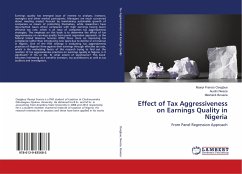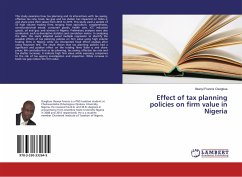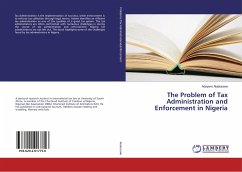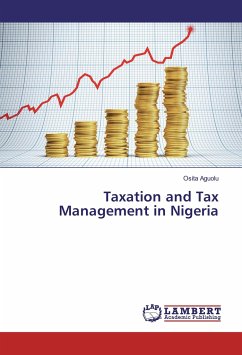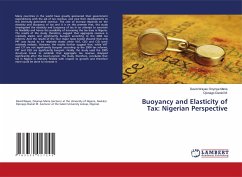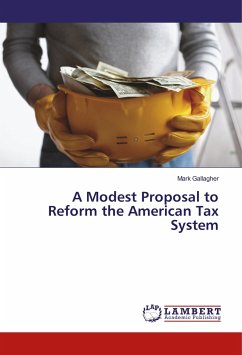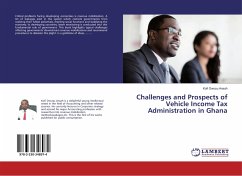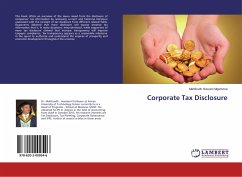Earnings quality has emerged issue of interest to analysts, investors, managers and other market participants. Managers are much concerned about meeting analyst forecast by maintaining sustainable growth of companies as means of protecting themselves, while researchers have documented issues where companies with high earnings having lower effective tax rate, which is an issue of companies tax aggressiveness strategies. The emphasis on this book is to determine the effect of tax aggressiveness on earnings quality from panel regression approach, as the Federal Inland Revenue Services (FIRS) focus more on improving tax compliance rather than introducing new taxes due to decline in oil revenue in Nigeria. One of the FIRS strategy is evaluating tax aggressiveness practices of Nigerian firms against their earnings through effective tax rate, which is the motivating factor of this research trying to find out the reaction of tax aggressiveness practices on earnings quality in Nigeria. Isit significant? If Yes or No. To what extent of significance? This book becomes interesting as it benefits investors, tax practitioners as well as tax auditors and investigators.
Bitte wählen Sie Ihr Anliegen aus.
Rechnungen
Retourenschein anfordern
Bestellstatus
Storno

